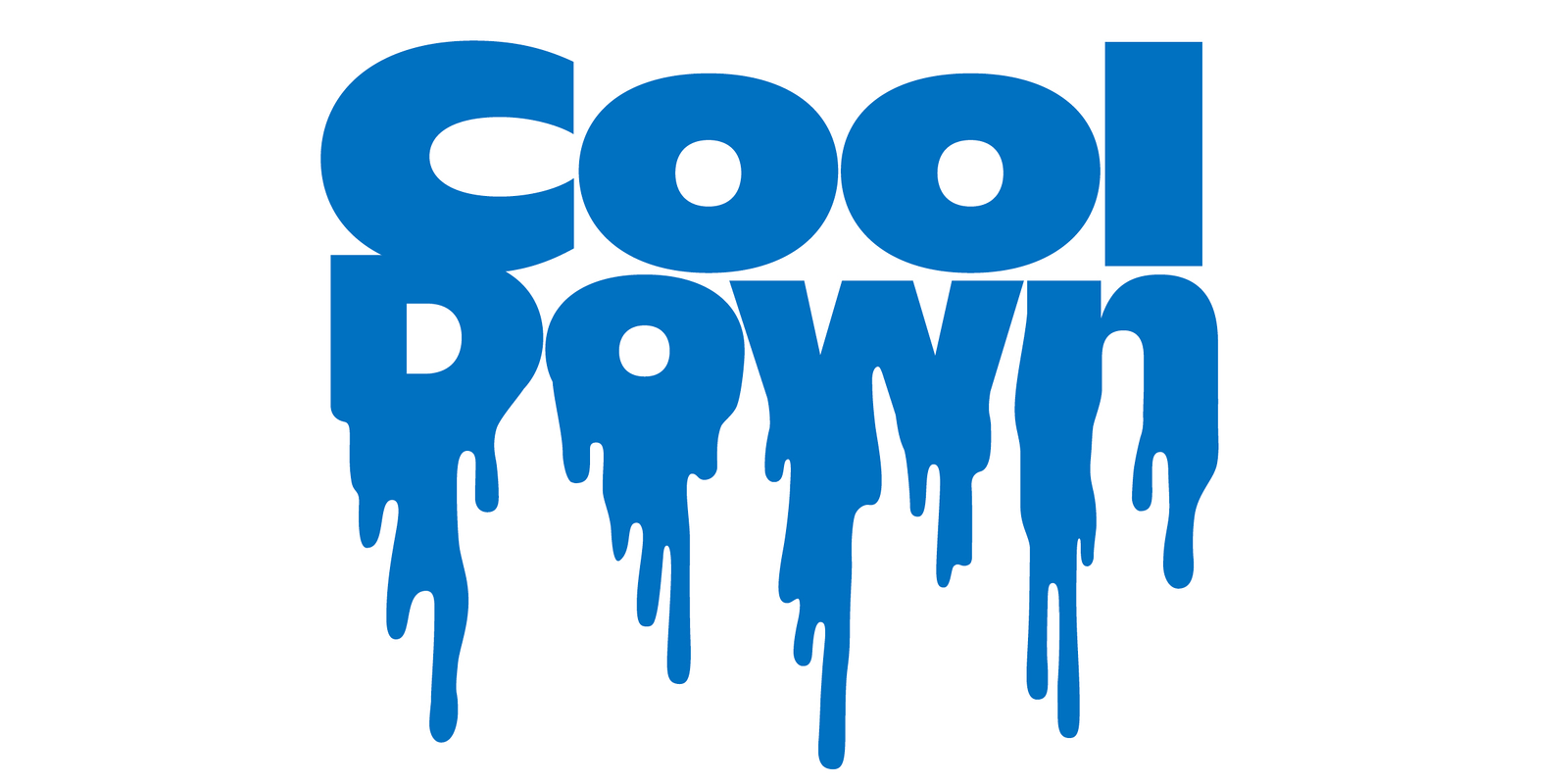A festival at the planetary boundaries with lectures, talks, performances, music, and excursions
June 20–26, 2022
With Nabil Ahmed, BERLIN, Denise Ferreira da Silva, Sarah Farina, Maja Göpel, Silke Huysmans & Hannes Dereere, Catalina Insignares, Daniel Kötter, Bojana Kunst, Sonia Levy, Sergiu Matis, Carolina Mendonça, Pantha du Prince, Franziska Pierwoss & Sandra Teitge, Alex Martinis Roe, Melanie Sehgal, Michael Turinsky, Louise Wagner, and others.
The festival Claiming Common Spaces—a festival series initiated by the Alliance of International Production Houses—will take place this year from June 20–26 at PACT Zollverein in Essen and from July 1–9 at HELLERAU—European Centre for the Arts in Dresden.
The fourth edition of Claiming Common Spaces is simultaneously a festival, thematic platform and work meeting. Under the motto Cool Down, it focuses on our interaction with planet Earth. The climate crisis calls for radical rethinking and action in all fields of social and political activity. Whether in economics, education, technology, urban and landscape planning, or culture—we urgently need new conditions and practices for a future worth living in and for a coexistence with human and non-human actors. With a series of dance and theatre productions, installations, participatory performances, panels, and interactive workshops, Claiming Common Spaces IV: Cool Down invites contributors and visitors alike to reflect, participate, take action and engage aesthetically with the challenges of today. Sensual, physically and emotionally activating spaces of experience and discourse are intended to encourage people to contemplate a new way of living together, to expand their options for action and agency, to exploit the potential of art and to take a stance on the climate crisis.
The program at PACT includes artistic projects and research, performances and film as well as lectures and workshops.
The performance program unites various perspectives on extractivism and energy production by fossil fuels: for their work Zvizdal [Chernobyl—So far so close] (June 22, 8:30pm) the artist duo BERLIN portrays Nadia and Pétro—a couple who stayed in their home within the contaminated region close to Chernobyl after the nuclear disaster in 1986. Integrating film and installation, the documentary performance draws a portrait of solitude, survival, poverty, hope and love between two elderly people in their eighties surrounded by colorless, odorless but omnipresent radiation. Also employing techniques of documentation, Daniel Kötter’s 360° films show how different regions were and are shaped by the exploitation of natural resources—reaching from the consequences of decade-long mining in the Ruhr region of Germany to current rare earth extraction in the Democratic Republic of Kongo. The duo Silke Huysmans & Hannes Dereere present the German premiere of their new work Out of the Blue (June 24, 8pm), turning their attention to the complex, political and economic intent behind deep-sea mining and to the ecological dangers resulting from this growing industry. Taking up the topic of the environmental crisis, Sergui Matis’ Extinction Room (Hopeless.) (June 25, 7pm) is a performative multi-channel sound installation, immersing visitors in the acoustic worlds of extinct and endangered bird species. The participatory performance installation Table Animals (June 22–26) by Vlatka Horvat and Tim Etchells invites visitors to playfully engage with an unusual performative setting: a tabletop filled with wooden and plastic animal figurines.
The question of how to develop active strategies in the face of ecological crisis is at the centre of Maja Göpel’s research. In her lecture, We can do it differently (June 23, 8.30 pm), she explains how these complex developments can be understood and how this knowledge can be used for consciously creating a transformation towards a better world. The current crises—ecological, social, and political—also inform an extensive discursive program dedicated to exploring what environmental destruction and climate change mean for people’s modes of existence and subjectification, for the production and reproduction of earthly values and relations, for aesthetic awareness and artistic action in more-than-human webs of life. Claiming Common Spaces: Earth (June 23–26), a program curated by Maximilian Haas, discusses these questions with artists, theorists and activists, among them Nabil Ahmed, Denise Ferreira da Silva, Catalina Insignares, Daniel Kötter, Bojana Kunst, Sonia Levy, Carolina Mendonça, Alex Martinis Roe, Melanie Sehgal, and Louise Wagner. A series of Open Forums (June 23–26) addresses questions of sustainability in the field of arts, offering a space to discuss new working approaches with artists and other cultural workers. Workshops with Michael Turinsky and Franziska Pierwoss & Sandra Teitge demonstrate how questions of exploitation of human and natural resources can be explored through artistic research: The so-called perpetual costs of mining are the starting point for Pierwoss’ and Teitge’s workshop Fishing in troubled waters (June 24–25): Due to mining, almost one fifth of the Ruhr region in Germany lies below the water table and is kept artificially dry by approximately 180 pumps. Turinsky’s workshop Crip time, soil times and the urgency of regenerative pacing (June 26, 1–5pm) offers a new path towards possible modes of creating agency in the face of crisis and engages in a wider inquiry into “crip time” and “soil times” as potential sites of “resistance from below” against dominant, capitalist modes of production.
On each day of the festival, the program is concluded by concerts and DJ-sets as well as a series of Open Air film screenings (June 23–25). On Saturday, June 25, the day ends with a DJ set by Sarah Farina—whose sets and music productions are seamlessly blended bass-heavy frequencies and futuristic beats with fearless forays through the hardcore continuum and beyond. On Sunday, June 26, Formen von Stille Ensemble, founded by Hendrik Weber / Pantha Du Prince presents a concert exploring a deep connection to nature through a quiet and contemplative aesthetic.
The full program in Essen (June 20–26) and Dresden (July 1–9) can be found here.
Claiming Common Spaces IV: Cool Down is a project within the framework of the Alliance of International Production Houses supported by the Federal Government Commissioner for Culture and the Media.


